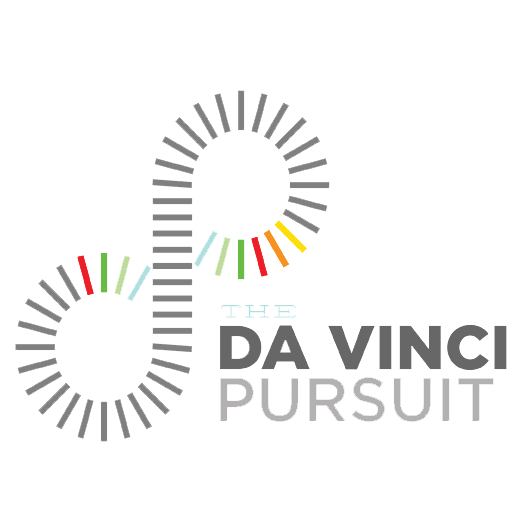
Seeing Through the Lens of a Pencil: How Archaeologists Use the Art of Sketching to Better Visualize and Understand What They See
Aired Saturday, September 30, 2023
Seeing Through the Lens of a Pencil: How Archaeologists Use the Art of Sketching to Better Visualize and Understand What They See
The Conversation
Show # 247 Talking about how drawing engages different parts of the brain and allows the archaeologist to highlight specific aspects of the excavation that are important to the interpretive process. Archaeologists, at times create simple sketches to record spatial relationships of stratigraphic layers, features, and artifacts, or to share ideas with one another as we develop our interpretation of past events. At times, he opts to create a scientific drawing, or map, that includes scale in order to visualize and understand what he is seeing.





